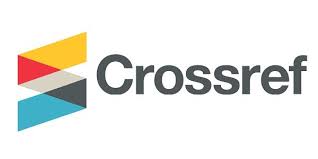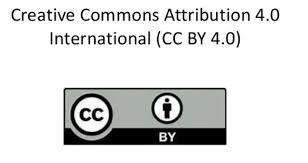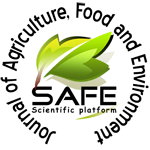Assessing the efficiency of a recirculating fluidized bed biofilter in white leg shrimp (Litopenaeus vannamei) broodstock aquaculture
DOI:
https://doi.org/10.47440/JAFE.2020.1419Keywords:
Shrimps, culture wastewater, Fluidized Bed Biofiltration, Bio-Filter, TreatmentAbstract
This paper shows the results of the efficiency of a circulating fluidized bed biofiltration system using polyethelene as a filtering material. Changes in water quality parameters and the growth rates of shrimp (broodstock and commercial production) were used to assess the efficiency of water treatment system. The concentration of NH4+ in waste water from the broodstock tanks decreased 61% after three months of treatment. The final concentration of NH4+ after treatment was 0.07 mg/ml which meet the Vietnamese regulations for discard of aquaculture waste into coastal waters. Biological oxygen demand decreased 48%. The corresponding figures for treating waste water from commercial shrimp tanks were decreases of NH4+ by up to 61% with outlet concentration 0.07 mg/ml accepted to discard according to Vietnamese Standard and biological oxygen demand by 55%. Outlet water providing from broodstock and commercial shrimp tanks were treated with COD concentration decreased from 3.12 down to 2.62 mg/ml and 4.62 down to 2.68 mg/ml, or 16% and 41.9% of COD removal, respectively.






 Publisher:
Publisher: 